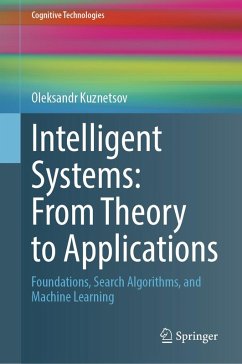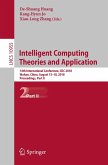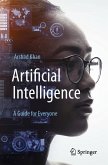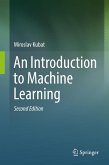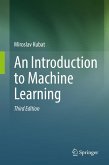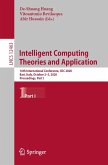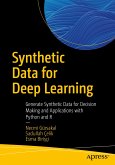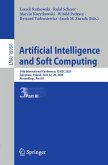Drawing from the author's extensive experience teaching at the University of eCampus, Italy, this book provides a thorough exploration of intelligent systems, covering classical approaches to cutting-edge techniques. Organized into three main areas, the book explores the foundations of intelligent systems, examines optimization and search methods that form the backbone of AI solutions, and ends by investigating machine learning fundamentals that enable systems to derive knowledge from experience. A distinguishing feature of this work is its practical approach. Each theoretical concept is paired with Python implementations and exercises. This hands-on methodology develops both conceptual understanding and practical skills simultaneously. The exercises progress from basic implementations to complex real-world problems.
The textbook aims to serve both undergraduate and graduate students in computer science, engineering, and related disciplines. It assumes basic programming knowledge but introduces concepts progressively. Professionals implementing intelligent systems will also find valuable insights and practical guidance. Despite AI's rapid evolution, this book provides both current knowledge and the conceptual framework necessary for understanding future developments. Ethical considerations are addressed throughout, encouraging critical thinking about responsible AI implementation. It is the author's hope that this book will be a valuable resource in the reader's journey to understand and design intelligent systems.
Dieser Download kann aus rechtlichen Gründen nur mit Rechnungsadresse in A, B, BG, CY, CZ, D, DK, EW, E, FIN, F, GR, HR, H, IRL, I, LT, L, LR, M, NL, PL, P, R, S, SLO, SK ausgeliefert werden.

